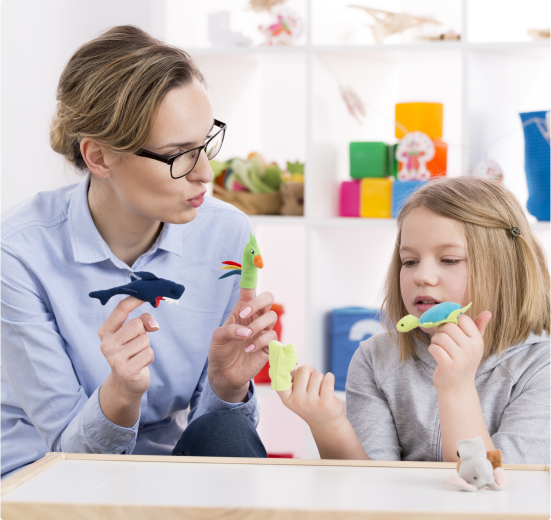Play Therapy for Children in Texas
Introduction to Play Therapy for Parents
Is your child struggling with big emotions? Maybe they go from calm to angry or anxious in seconds. Or perhaps they turn inward, weighed down by sadness, worry, or self-doubt. These struggles can appear at school, at home, or in friendships—leaving kids and parents feeling stuck.
As a parent, it’s natural to feel unsure how to help. You may wonder if counseling could provide the support and safe space your child needs. That’s where play therapy for children can make a difference.


What Is Play Therapy?
Play therapy is a counseling approach designed specifically for children. While adults talk through feelings, children naturally express themselves through play. As the Association for Play Therapy explains, “play is a child’s language, and toys are their words.”
Research shows that play therapy for children can:
- Improve emotional regulation
- Reduce anxiety and sadness
- Build confidence and self-esteem
- Strengthen relationships with family and friends
A review in the International Journal of Play Therapy found that children who participated in play therapy had significantly better outcomes—especially when parents were involved.
Proven Play Therapy Techniques
A play therapy session is designed to be safe, supportive, and child-friendly. A typical session may include:
Free play: Your child chooses toys or activities, giving the therapist insight into their emotions.
Guided activities: The therapist may suggest drawing, puppets, or sand tray play to explore specific feelings.
Safe expression: Play gives children a way to show anger, fear, or sadness they may not yet have words for.
Over time, play therapy helps children practice healthy coping skills, build trust, and develop resilience.


Your Role in Your Child’s Play Therapy Journey
Parents are an important part of the play therapy process. While the therapy room is your child’s safe space, your support at home reinforces what they are learning. Here are a few ways you can help:
- Encourage open conversations (“I see you’re feeling sad—want to tell me more?”).
- Set aside special playtime where your child leads.
- Be patient—healing takes time.
- Attend parent check-ins with the therapist when invited.
Importance of Play Therapy
Children don’t always have the words to say what they feel—but they do have play. Play therapy for children provides tools to process emotions, solve problems, and build confidence. As a parent, you don’t have to figure it all out alone. With professional support, both you and your child can find a healthier way forward.
Meet Our Team






